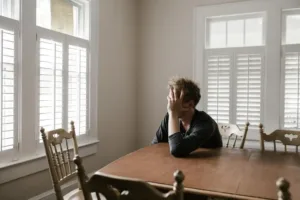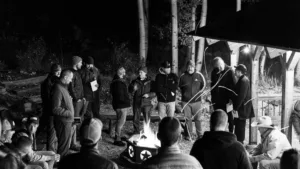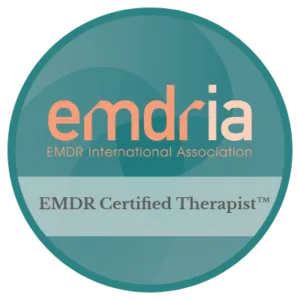By Dr. Jason Whitehead, MDiv, LCSW, PhD
No one starts psychotherapy reveling in their successes.
I’ve never heard, “It’s been a great life and I just really needed to talk to someone about it.”
Usually, it’s the other way around. Something, an experience, a relationship, a memory intrudes in our lives and we’re trying to figure what to do about it. We want relief and maybe a return to a sense of competence to handle what life throws at us.
We come to therapy wanting change, but not quite knowing the first steps.
We come to therapy because what we’ve done to alleviate the pain we’re experiencing, doesn’t work any more.
We come to therapy for relief, for resources, and whether we know it or not, for relationship.
The first two ideas of that last sentence are probably obvious to you. It’s the last word, relationship, that we don’t often think about or imagine as part of what we’re seeking. However, research tells us that it’s often the relationship between therapist and client – or therapeutic alliance – that provides one avenue of the healing sought by many who seek therapy (Therapeutic alliance as a mediator of change: A systematic review and evaluation of research – PubMed (nih.gov)).
This is especially important for men who are starting therapy.
In a meta-analysis of the research about men and therapy (a meta-analysis is basically a study of the studies) one of the things noted is that men “[find] it difficult to engage in a trusting therapeutic relationship (Engaging Men in Psychological Treatment: A Scoping Review – Zac E. Seidler, Simon M. Rice, John S. Ogrodniczuk, John L. Oliffe, Haryana M. Dhillon, 2018 (sagepub.com)).” We can point to a number of reasons for this and they range from how men are raised to what cultural messages they internalize about seeking help to how therapists are trained to speak and use language that invites people into a conversation and relationship.
I’m as guilty of this as anyone. I’m well steeped in inter relational psychology. And, when people ask about what I value and believe, good relationships are at the top of the list. Yet, in practice, I sometimes forget how important this is to what I do.
I get suckered in by the shiny tools, neglecting the moments of silence necessary to build a feeling of security. I hurry to the interventions and the data, forgetting what it feels like to experience loss or just lostness.
In between the moments of strategizing about life and relief, a relationship forms beyond the transactions of knowledge. And, it’s that relationship that provides almost as much healing as the things we experiment with outside our sessions.
To be sure, data, tools, and interventions are vital to the change we seek. Symptom relief is an important aspect of therapy and often the main reason we start therapy and stick around.
And, it matters how we approach those things together. That’s the therapeutic alliance, a relationship built over time and trust. It’s equal measures of empathy, support, accountability, challenge, and imagination. That is something built over time, especially when it’s not often encouraged culturally.
Think for a moment about the relationships in your life that have endured. What connects them? Usually, its time, experiences, or interests. All three of these are also vital for the relationship men build with their therapists.
We have mutual interests in symptom relief and figuring out the underlying causes of our pain. We build experiences in the room together, examining life, exploring possibilities, lamenting losses. Time is often what we’re short on. In any new relationship, it takes time to build trust and safety.
Often, these occur in the first sessions together. As we both circle the issues that bring us together, we learn to trust or learn that the space is not quite right. Honesty about this matters. In as much as a relationship can heal it can also provide a barrier to healing. We can only learn this through regular contact and holding each other accountable to the space.
Research tells us that those first four sessions are important for change to stick (Psychotherapy session frequency: A naturalistic examination in a university counseling center – PubMed (nih.gov)). It’s often why you’ll hear therapists talk about meeting weekly, especially early on. It’s how we build the trust needed to do the hard work. It’s meant to be a disruption to your normal ways of doing life, because normal isn’t working anymore.
In those early sessions so much happens. We’re modeling what it means to work on life with someone else. We’re sharing experiences and intermediate tools to relieve symptoms. We’re building common language and images that guide how we talk to each other. In short, we’re building a relationship so that the work being done is trustworthy enough to carry beyond the hour we spend together.
So, yes, relief and resources matter. But for men especially, learning to build relationships through therapy can be an opportunity to shift how we fundamentally navigate the world. It can remind us that we don’t have to tackle what we face alone.














